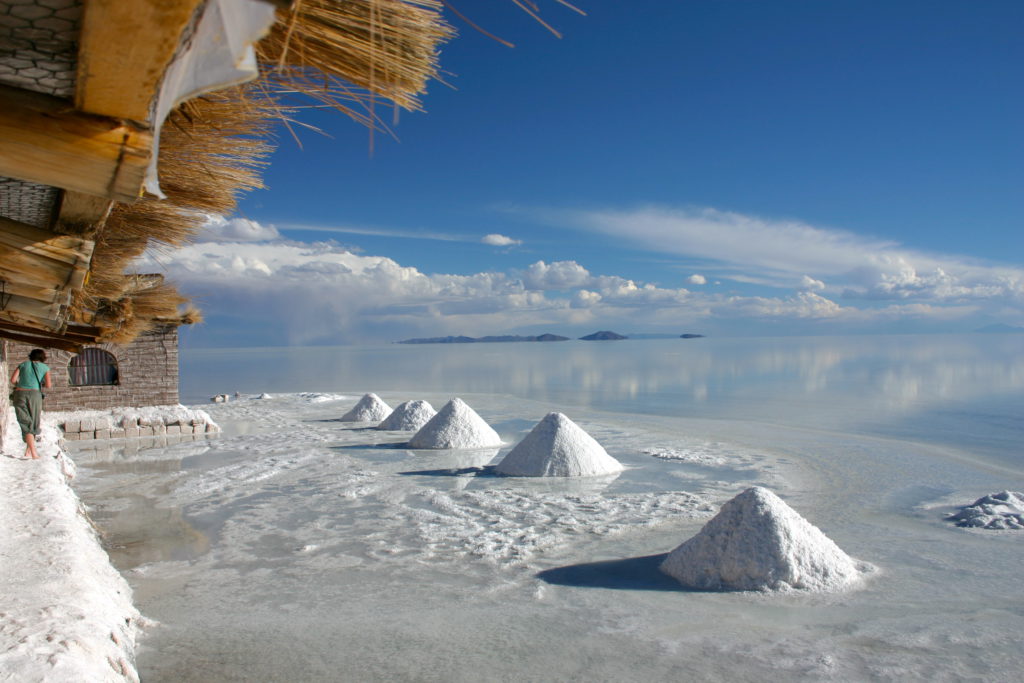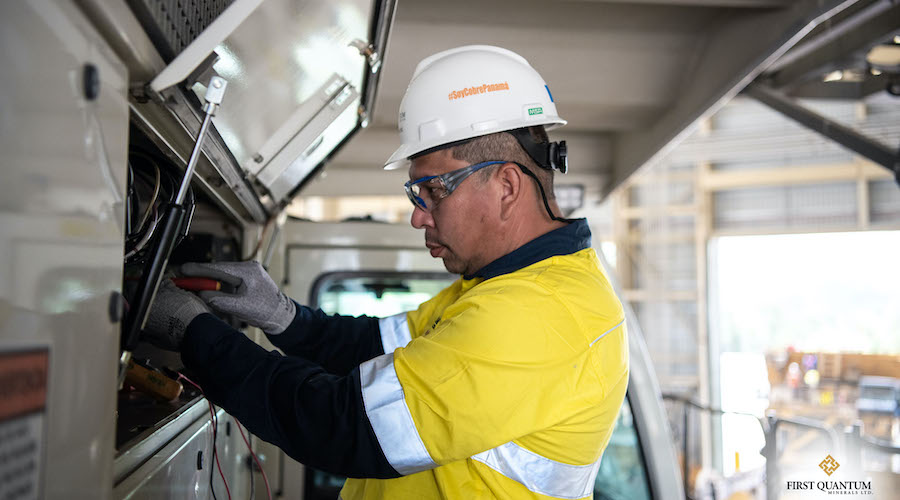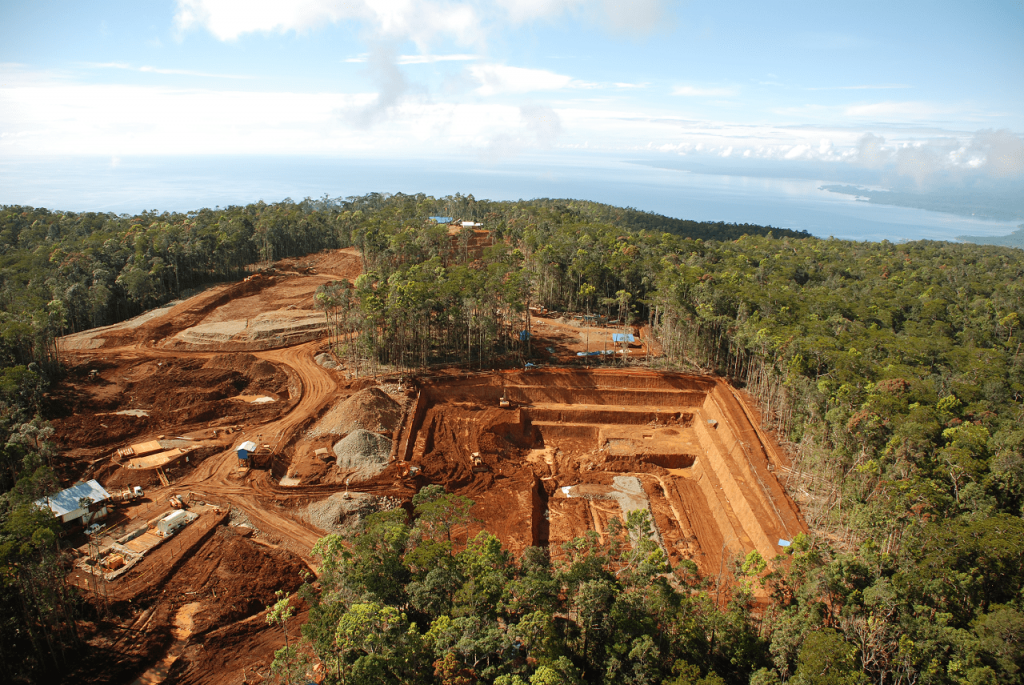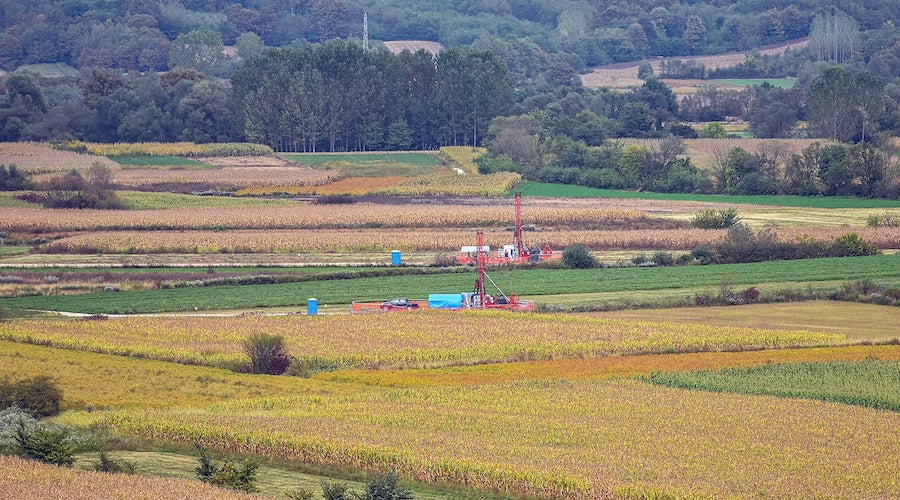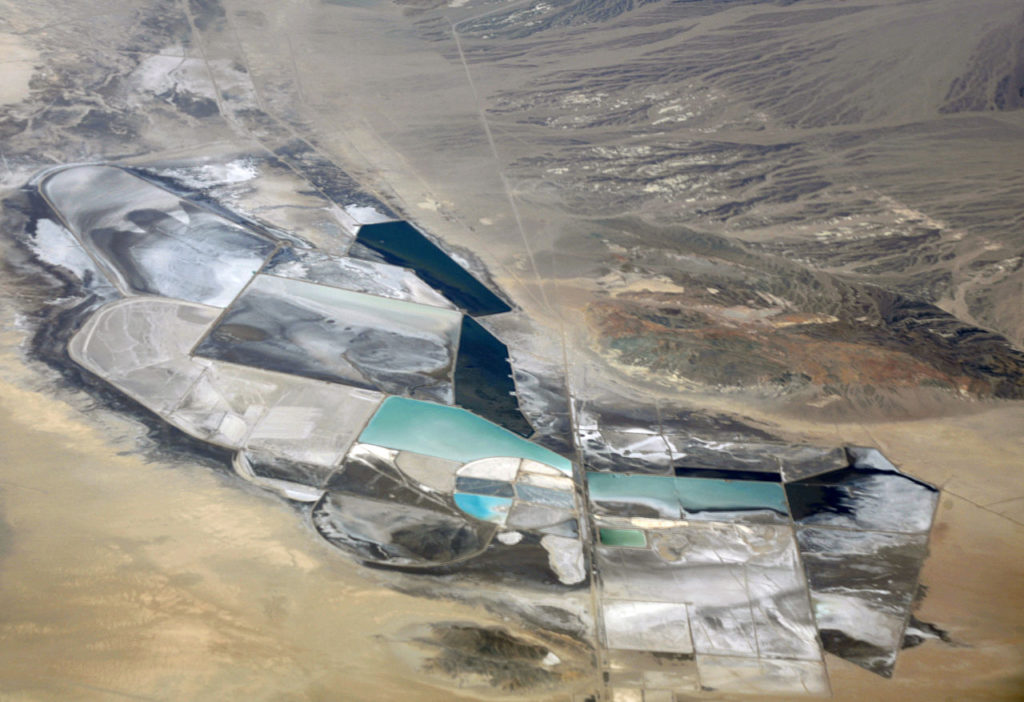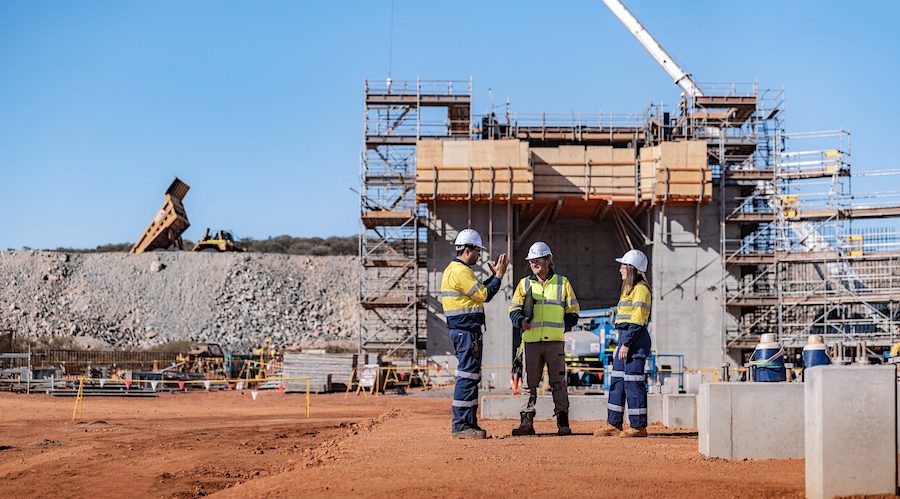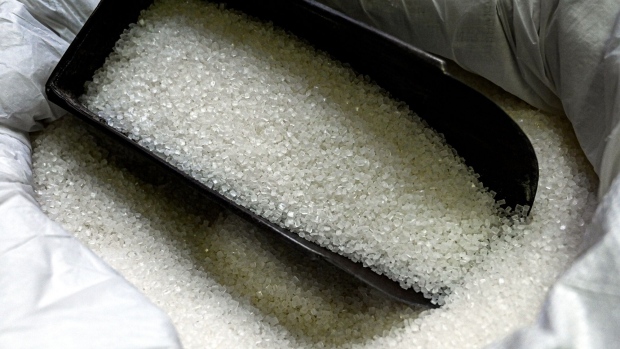SMR completes Canadian design review milestones
18 January 2024
Canadian regulators have concluded that there are no fundamental barriers to licensing the Xe-100 small modular reactor, X-Energy Reactor Company has announced.
.jpg?ext=.jpg) The Xe-100 (Image: X-energy)
The Xe-100 (Image: X-energy)The Canadian Nuclear Safety Commission (CNSC) vendor design review (VDR) of the Xe-100 began in 2020, combining the first two phases of the VDR process. A VDR takes place during the design process, while the design is still evolving, to provide early feedback, so that potential regulatory or technical issues can be identified and resolved, particularly those that could result in significant changes to the design.
The CNSC has now concluded that there are no fundamental barriers to licensing the Xe-100, an outcome that X-energy says increases confidence in proceeding with formal licence applications in Canada.
"The completion of the pre-licensing milestone underscores the regulatory and commercial readiness of the Xe-100 and demonstrates the opportunity to bring our advanced high-temperature gas reactor technology to the Canadian market," said X-energy CEO Clay Sell.
The VDR process has seen the submission of more than 400 technical documents and white papers across 19 focus areas and provides an opportunity for the reactor developer to demonstrate understanding and compliance with Canadian licensing requirements and seek detailed feedback ahead of a formal licence application.
The CNSC said in its summary of the review it had concluded that X-energy "understands and has correctly interpreted the intent of regulatory requirements for the design of nuclear power plants in Canada". The review did identify some technical areas requiring further development "in order for X-energy to better demonstrate adherence to CNSC requirements", it said.
Some of these will be addressed in a Phase 3 VDR, which allows the vendor to follow up on certain aspects of Phase 2 findings, the regulator said. In this phase, a vendor may seek further information from the CNSC about Phase 2 topics and it may also ask the regulator to review activities taken by the vendor towards the reactor's design readiness, following the completion of Phase 2. X-energy said it plans to proactively continue working with CNSC in pursuit of Phase 3 VDR in the future.
The Xe-100 is an 80 MWe high-temperature reactor that can be scaled into a 'four-pack' 320 MWe power plant, fuelled by the company's proprietary TRISO-X tri-structural isotropic particle fuel. Initial deployment of the Xe-100 at US chemical company Dow's Seadrift facility in Texas and a new commercial facility to manufacture TRISO-X is receiving support from the US Department of Energy's Advanced Reactor Demonstration Program. X-Energy has also signed a joint development agreement with utility Energy Northwest for the deployment of up to 12 Xe-100 small modular reactors in central Washington State.
Agreement to advance SMRs in Alberta
16 January 2024
The agreement between North American power producer Capital Power Corporation and Ontario Power Generation (OPG) will see the two companies work together to examine the feasibility of developing grid-scale small modular reactors (SMRs) in the province, including possible ownership and operating structures.
.jpeg?ext=.jpeg) Dey (standing), Hartwick, Neudorf, Smith and Jean at the announcement in Edmonton (Image: X/@CapitalPower)
Dey (standing), Hartwick, Neudorf, Smith and Jean at the announcement in Edmonton (Image: X/@CapitalPower)
The feasibility assessment will be completed within two years. At the same time, work will continue on the next stages of SMR development, the companies said. The commitment agreement advances the joint strategic plan for the deployment of SMRs released in 2022 by the governments of Alberta, Ontario, Saskatchewan and New Brunswick.
Capital Power President and CEO Avik Dey said SMR technology would provide an important source of safe, reliable, flexible, affordable and clean base load electricity for the province. The agreement lays the foundation for a long-term strategic partnership, he said at the livestreamed announcement. The company is looking to deploy its first SMR unit between 2030 and 2035.
Capital Power operates some 7600 MWe of generating capacity at 30 operations in Alberta, British Columbia and Ontario and 10 US states, including fossil fuel, solar, wind, waste heat and landfill gas facilities.
OPG is building what it describes as North America's first fleet of SMRs at its Darlington New Nuclear site in Ontario, where the construction of the first of four GE-Hitachi BWRX-300 SMRs is expected to be completed by the end of 2028 with the unit online by the end of 2029. A 300 MWe SMR unit would be "right-sized" for Alberta's electricity market, Dey said, and leveraging Ontario's experience in nuclear will help to accelerate opportunity in Alberta.
OPG CEO Ken Hartwick said the company expects to complete the regulatory process to obtain the licence to construct the new plants at Darlington, giving it sufficient information to be able release cost numbers for all four Darlington SMR units, by early 2025. The first Darlington unit will be "a little more expensive" but subsequent units are expected to be less expensive, he said: "We anticipate someone like Capital being able to utilise our learnings so they get the benefit of a lower cost to build."
Alberta's Minister of Affordability and Utilities Nathan Neudorf said SMRs "have the potential to play a major role in the province’s search for the right energy mix to supply clean, reliable and affordable electricity" and the partnership is "an exciting and important step forward in our efforts to decarbonise the grid while maintaining on-demand baseload power".
Whether SMR units would be located at one location, or several, would the considered during the feasibility stage, Neudorf said, but an "attractive" quality of SMR technology is the ability to do both, with units grouped together or deployed singly in more remote locations.
Last year, Alberta announced a CAD7 million (USD5 million) investment in a multi-year study of the deployment of SMRs for the province's oil sands operations. Alberta Minister of Energy and Minerals said SMRs "are a critical component of the clean power generation supply mix and hold promise for the oil sands".
The announcement came two days after extreme cold resulting in high power demand put the Alberta grid at a high risk of rotating power outages, prompting the Alberta Emergency Management Agency to ask residents to limit their electricity use to essential needs only.
Ahead of the announcement, Ontario Minister of Energy took to social media from Alberta's capital city, Edmonton. "With temperatures near minus 45 over the weekend - even colder in some parts of Alberta - and virtually no wind or solar showing up on the grid, Alberta issued electricity advisory asking its residents to conserve electricity to avoid brownouts," he said in a video on X. "I look forward to exporting Ontario's nuclear expertise to provinces and states and jurisdictions around the world looking for energy autonomy and energy security, and that includes our friends here in Alberta."
Researched and written by World Nuclear News
